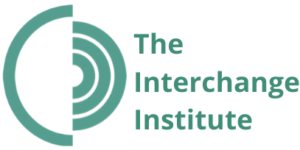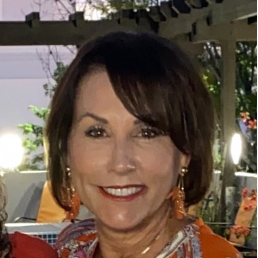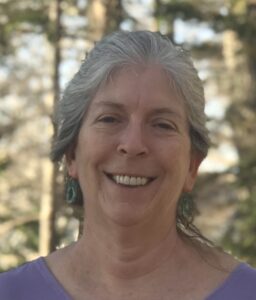April 2017
Dear Friend,
Well, here’s some good news. In a research study I just conducted, newcomers living in the US during the 2016 presidential election – you know, the one marked by unprecedented accusations and mind-boggling rhetoric – say they have more new respect and admiration for American values than newcomers in prior years. And hold on – these newcomers are from either Muslim-majority countries or former Soviet Union countries.
Is that possible?
I’ve been doing springtime workshops for the past few years with high school exchange students studying in the US, preparing them to return to their home country. (“Re-entry” is a known challenge for many people who return to their home country after living elsewhere, regardless of the circumstances of their home and host culture and lifestyle – see sidebar for some reasons why.) Because of the special program they’re on, about half the students in our workshops are Muslim; about half are from former Soviet Union countries.
We do a pre-training online survey asking about values that are important (a) to them, (b) to people in their home country and (c) to US Americans. And we ask them to say how much they agree with these three statements:
I have grown and changed in positive ways.
I have new respect and admiration for my home country and its people’s values.
I have new respect and admiration for the US and Americans’ values.
I have been concerned about what thoughts about the US these 16-18-year-olds are taking home, having lived here during the 2016 presidential election rhetoric. (About half, we learned from informal discussion, are placed with host families who voted Democrat, half with Republican-voting families.) What do they make of what they read in the US news and social media? What are they hearing from their classmates? From their host families? Have they experienced hurtful comments or actions and if so, how have they handled it? And bottom line, what are they going to remember about their year in the US?
In short, how does living in this current political environment affect you when you’re young and away from home, and supposed to go home to be global leaders of the future?
Preparing to share the values survey data with the students last week, I realized I had a data-based answer at my fingertips. I compared the 2016 and 2017 students (who were in the US at the peak of the election discourse) with those (from the same countries, here through the same sponsoring organizations) who were here in the prior year. And here’s the good news:
The students who lived in the US throughout the 2016 presidential election have significantly MORE new respect and admiration for the US and Americans’ values than those who studied here in the previous years.
Wait, what? I know. I went back and double checked, to be sure I hadn’t mis-coded something. But it was right.
And furthermore, when you look at how they view US values, it makes sense. Students who said they had more new respect and admiration for US values also tended to say they thought the following values were among the most important to Americans
Honesty
Helping other people
Trying new things
Standing up for what you think is right
And that these values were less important to Americans:
Working hard and being productive
Gain goods and wealth
The students I spoke with about this finding said things like, “Yeah, the election has forced Americans to put into words what their values are, and to fight for the things that are important to them. They’re really passionate about their beliefs.” They seemed to be hearing the ‘resistance’ loud and clear. And they said the practice they’d had in explaining their religion, describing their country and defending their values – which they’d had to do a lot – was invaluable to them and led to a positive view of the US. Whew.
I still worry about them. But this finding gave me hope for the wisdom of the next generation.
Anne



